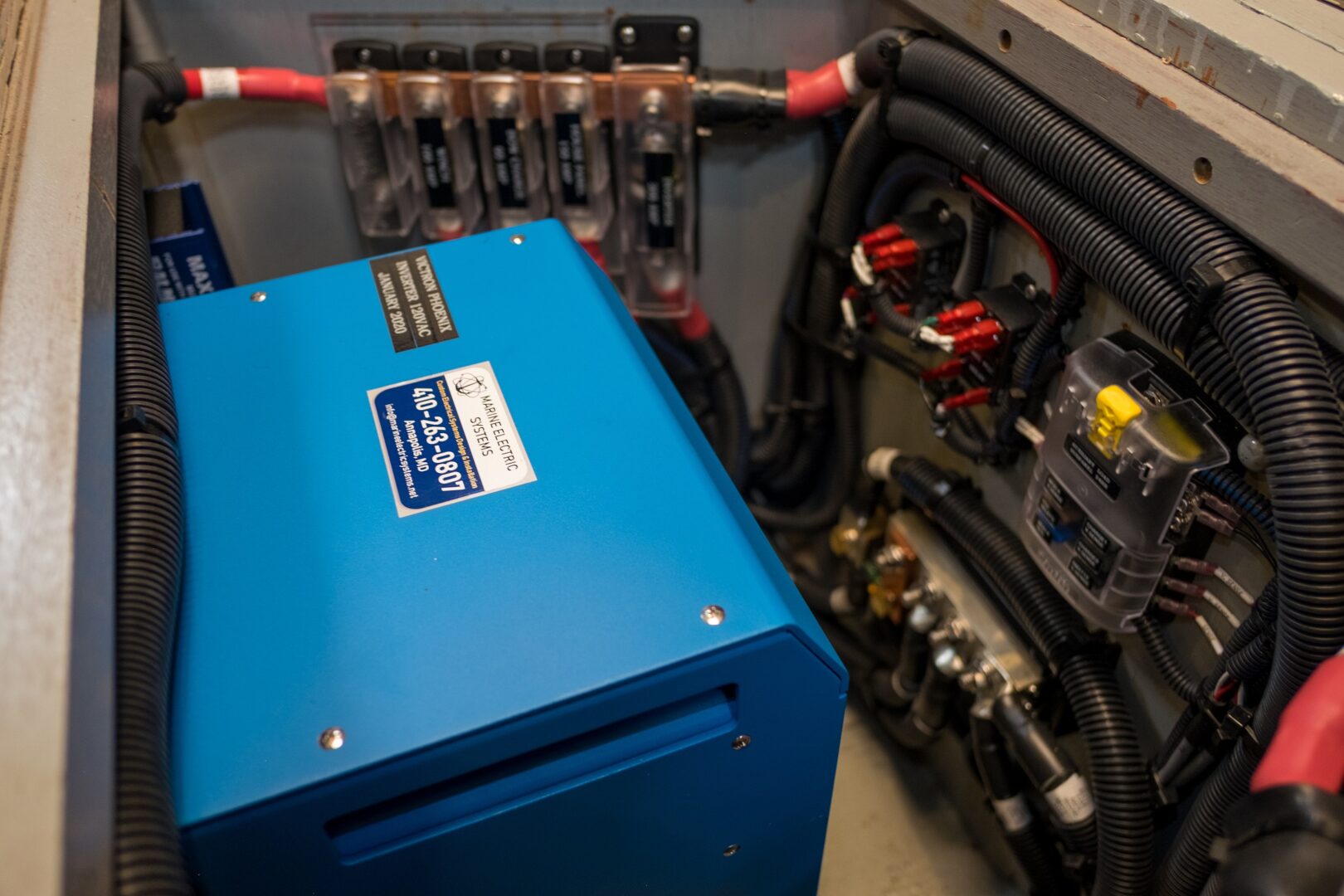
We’ve compiled a helpful guide on marine lithium batteries and their maintenance.
Marine lithium batteries have become increasingly popular in recent years due to their higher energy capacity, lighter weight, and longer lifespan compared to lead acid batteries. Although the switch can be simple, some wonder whether upgrading to lithium is worth it, cost and safety considerations, installation, and more. So, we’ve compiled a helpful guide on marine lithium batteries and their maintenance. Keep reading to learn more!
Benefits of Marine Lithium Batteries
Lightweight
One of the most significant benefits of marine lithium batteries is their weight. A lithium battery is about 70% lighter than a standard lead-acid battery unit. When piloting a vessel, it’s always better to be a little lighter. Lithium batteries are especially favored by boat owners who want to make their vessels as light and agile as possible.
Longer Lifespan
Lithium batteries can also last longer than standard lead-acid units. Generally, a lithium-ion battery can last up to ten times longer than a standard battery. A lead-acid marine battery typically has about 500 charge-discharge cycles in its lifespan. In contrast, a lithium-ion battery has as many as 5,000 cycles in its lifespan.
More Power
With lead-acid batteries, once the unit discharges half of its capacity, it can lose power and require immediate charging. On the other hand, lithium batteries have better power storage and can discharge more of their capacity without losing capability. The enhanced storage means you can utilize fewer lithium batteries, meaning less weight on board.
Maintaining Your Marine Lithium Batteries
Ensure Connections Are Clean and Stable
Ideally, your lithium battery should be mounted and installed by a professional. But if you do it yourself, read all instructions and consult the ABYC guidelines. If you are not technically proficient in mounting and installing lithium-ion marine batteries, seek the help of a professional instead of risking a poor connection. Check the ports and connections regularly to ensure they’re clean and stable.
Ensure Sufficient Ventilation
While lithium batteries rarely emit gasses and fumes, ventilation is still crucial on a boat. If a lithium battery leaks gas or fumes, it could cause a fire. If you smell fumes from your lithium battery, it’s likely due to a problem or failure with the battery unit. Have a professional inspect the battery before you accidentally risk using a leaking lithium unit.
Use the Right Charger
While you can use a regular charger on a lithium battery, a charger specifically designed for lithium batteries is always better. Lithium batteries charge faster with a lithium charger than a standard one, saving you hours over the unit’s lifespan.
Marine Electric Systems, LLC is a Leader In the Maritime Industry
We here at Marine Electric Systems have over 30 years of industry experience. You can trust our team for reliable service and expert craftsmanship in the Maryland, Baltimore, Annapolis, and Baltimore city areas! We’re highly certified and adhere to all ABYC and NMEA regulations. We specialize in top-notch electrical solutions for recreational, commercial, and government boating clients. Anything from electrical refits, to navigation systems, or boating maintenance. To stay up to date on our services, follow us on Facebook, LinkedIn, Pinterest, Instagram, and YouTube. You can also contact us at 410-263-0807.
